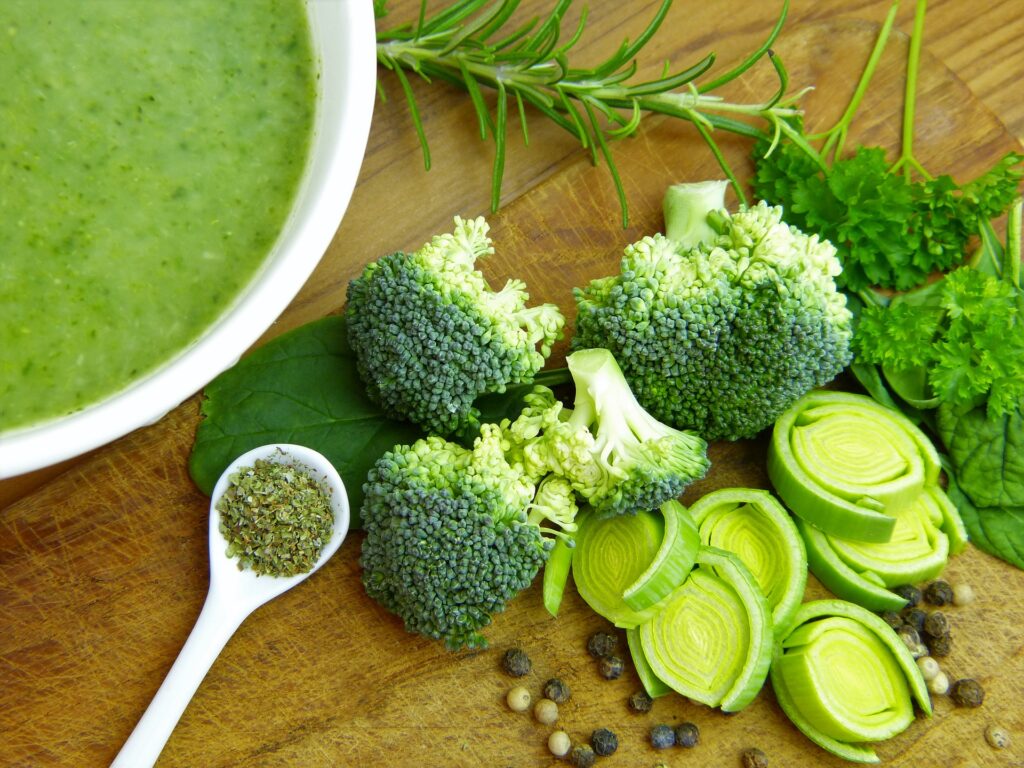
Everyone knows – having learned or been reminded during the last year – that a strong immune system will minimise your chance of suffering from infectious diseases and chronic illnesses.
But did you know that the function of the human immune system is not only to protect against infection from disease-carrying microorganisms, but also to carry out bodily ‘housekeeping’ – clearing both damaged tissues and malignant cells (such as cancers) that grow within the body? And that your skin, mucus membranes, digestive system and waste removal systems are not only physical barriers but also active parts of your immune system – and that around 80% of the body’s immune cells are found in the gut?
So be vigilant, especially with increasing age – frequent infections, autoimmune disorders, skin issues, digestive and elimination complaints, food sensitivities (especially gluten, eggs and dairy), and fatigue can all point to an overloaded and struggling immune system.
Think seriously about adopting some or all of the following ten well-researched, safe, reliable, natural lifestyle approaches which can improve your immune system:
- Manage Your Stress: Psychological stress or trauma can lower immunity and increase the risk of chronic illness. Consider yoga, deep breathing, meditation, mindfulness and lifestyle coaching or counselling.
- Be Physically Active: Regular moderate to high intensity (but not excessive) exercise enhances immune system performance – and exercise includes activities such as housework, dog walking etc.
- Prioritise Sleep: 7 to 9 hours of good quality sleep every night reduces inflammation and increases immunity. Avoid caffeine, alcohol and sugar, take a hot bath, avoid TV, phone and computer ‘blue light’ for at least an hour before bed, switch off the wi-fi and your phone, and ensure your bedroom is cool, dark and peaceful.
- Limit Alcohol: Alcohol has an immune suppressive effect in the digestive and respiratory systems, and negatively impacts other bodily functions such as nutrient absorption.
- Stop Smoking: Smoking causes many chronic illnesses including cardiovascular and respiratory problems, allergies and cancer.
- Minimise Toxicity: Pollution can weaken immunity. Use non-toxic home cleaning and garden products, toiletries and cosmetics, eat organic food where possible and drink filtered water, and avoid plastic wrapped food and plastic bottles.
- Choose Unprocessed Foods: Sugar increases inflammation, and all processed foods lose nutritional value and contain chemical additives and preservatives. Avoid white starch and sugar in all its forms, as well as processed meats and processed oils. Replace with fresh vegetables (especially cruciferous) and fruits, tree-nuts and seeds, pulses and gluten free whole grains, cold-pressed tree-nut and olive oils, and a moderate amount of fish, seafood, eggs, poultry and grass-fed red meat.
- Consider Nutritional Supplements: Probiotic foods such as sauerkraut and kefir, and good quality probiotic supplements, modulate inflammation and can help to reduce or prevent allergies. Vitamins C and D and Zinc have a positive impact on immunity and lessen inflammation, likewise Vitamin B12 and folic acid, EPA/DHA (Omega 3) from fish oil,and Selenium.
- Consider Herbal Remedies: The herbs Andrographis, Ashwagandha, Astragalus, Echinacea, Ginseng and Larch are all used traditionally to improve the body’s resistance to stressors and infections.
- Use Culinary Herbs: Turmeric/Curcumin, part of the ginger family, is a powerful weapon against chronic inflammation and oxidative stress. Garlic, along with onions and leeks, is linked with a reduced risk of lung, oesophagus and pancreatic cancer, especially among smokers and alcoholics.
Healthright’s aim for 2021 is to help you improve your immune system naturally and safely.
Come and ask us how. We look forward to seeing you again very soon.
